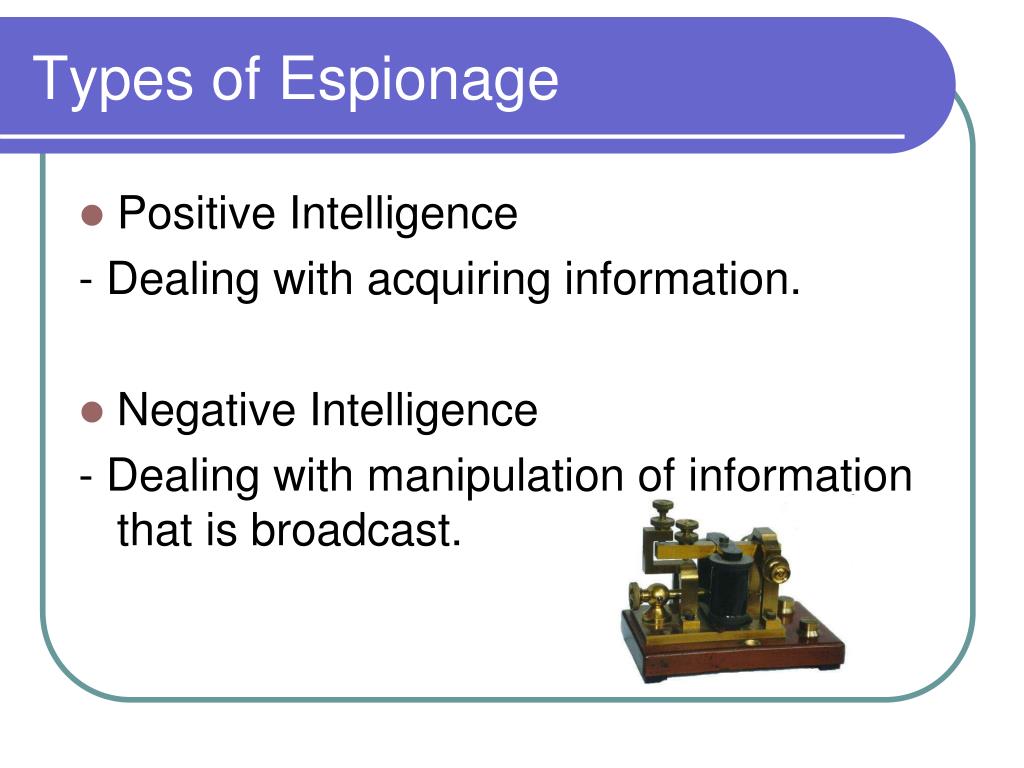

DOMESTIC ESPIONAGE DEFINITION LICENSE
Such topics are undeniably relevant for secret agents, but in the real world, other questions may be more pertinent: what are my options if I get caught with a false passport at a foreign airport or am stopped using a fake driver’s license or license plates? What is and isn’t covered by the bribery and corruption laws of countries I’m trying to recruit local agents in? Do I enjoy diplomatic immunity and what does that entail? What is my status under international law if I get arrested for espionage abroad in peace-time or in war-time? What is my status under domestic law if counter-intelligence accuses me of treason? Mr Bond’s legal needs predominantly cover subjects like murder, theft, extortion, sexual and other types of assault, torture and extensive property damage. The quoted Proverbs 11:14 is the official motto of Israel’s Mossad. “For lack of guidance, the people will fall, but in abundance of wise counsellors, there is victory.” Lawyers are often called upon to be the “wise counsellor” – and so are intelligence officers.

Similarly, lawyers are conscious that next to the “legal-illegal” dichotomy, the wide area of the extra-legal exists: facts, actions and situations which can’t be or aren’t covered by law but may still influence the options available to us. In business intelligence and industrial espionage, covert action is likewise a third option next to official industry relationships or openly aggressive competition. The motto refers to the use of covert methods being the third option next to official diplomacy and open military action. Tertia Optio is the motto of the Special Activities Centre, a division of the CIA responsible for clandestine and paramilitary operations for which the US government wants to preserve plausible deniability.

Knowledge of law also helps intelligence officers to risk-manage their work by knowing what they can lawfully accomplish, where grey areas lie or where they need to risk-accept adverse consequences if caught acting illegally. A person without certain core moral principles and respect for the concept of law may be more likely to make decisions which damage a mission, endanger other people and embarrass the government or private enterprise the operative works for. But precisely because intelligence operatives routinely work in grey areas, they need to have good judgement, especially in situations without supervision and formal guidance. But being flexible and pragmatic about rules doesn’t equal disdain for them. Granted, a pragmatic, flexible attitude to morality, rules and regulations is helpful in spycraft, as it can sometimes be in politics, business, research, journalism, medicine, even legal practice. He is often reckless, acts immorally and breaks the law – international law, British laws and the laws of the countries he travels to – frequently. James Bond is a bad spy a pathological character who’d probably score highly on most psychopathy tests: he is glib, manipulative, self-absorbed, lacking in empathy, unnecessarily violent and displays poor impulse control. Benjamin Bestgen considers the law around espionage in this week’s jurisprudential primer.


 0 kommentar(er)
0 kommentar(er)
